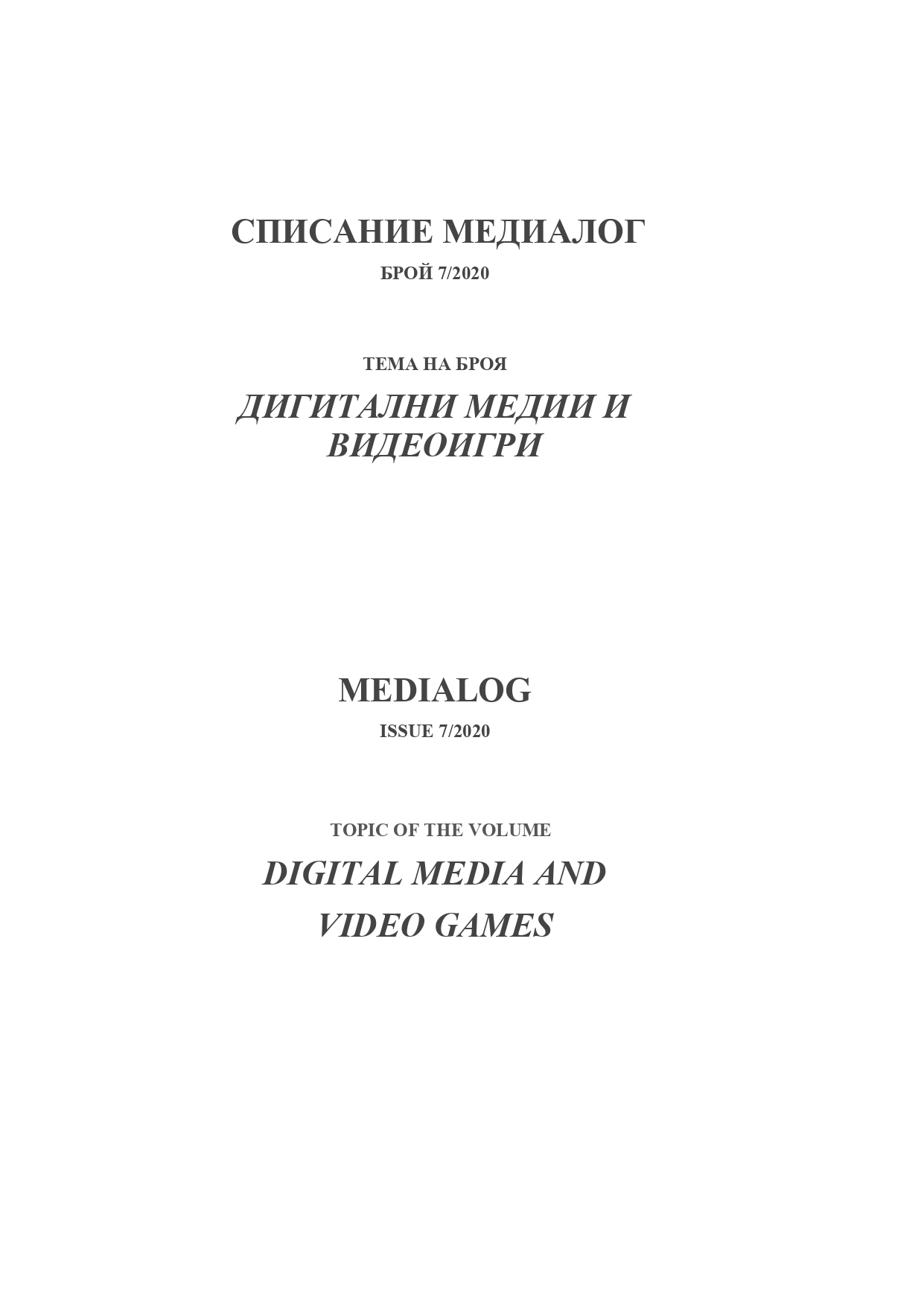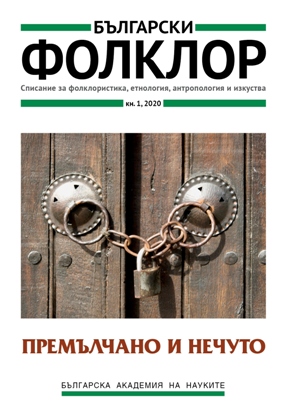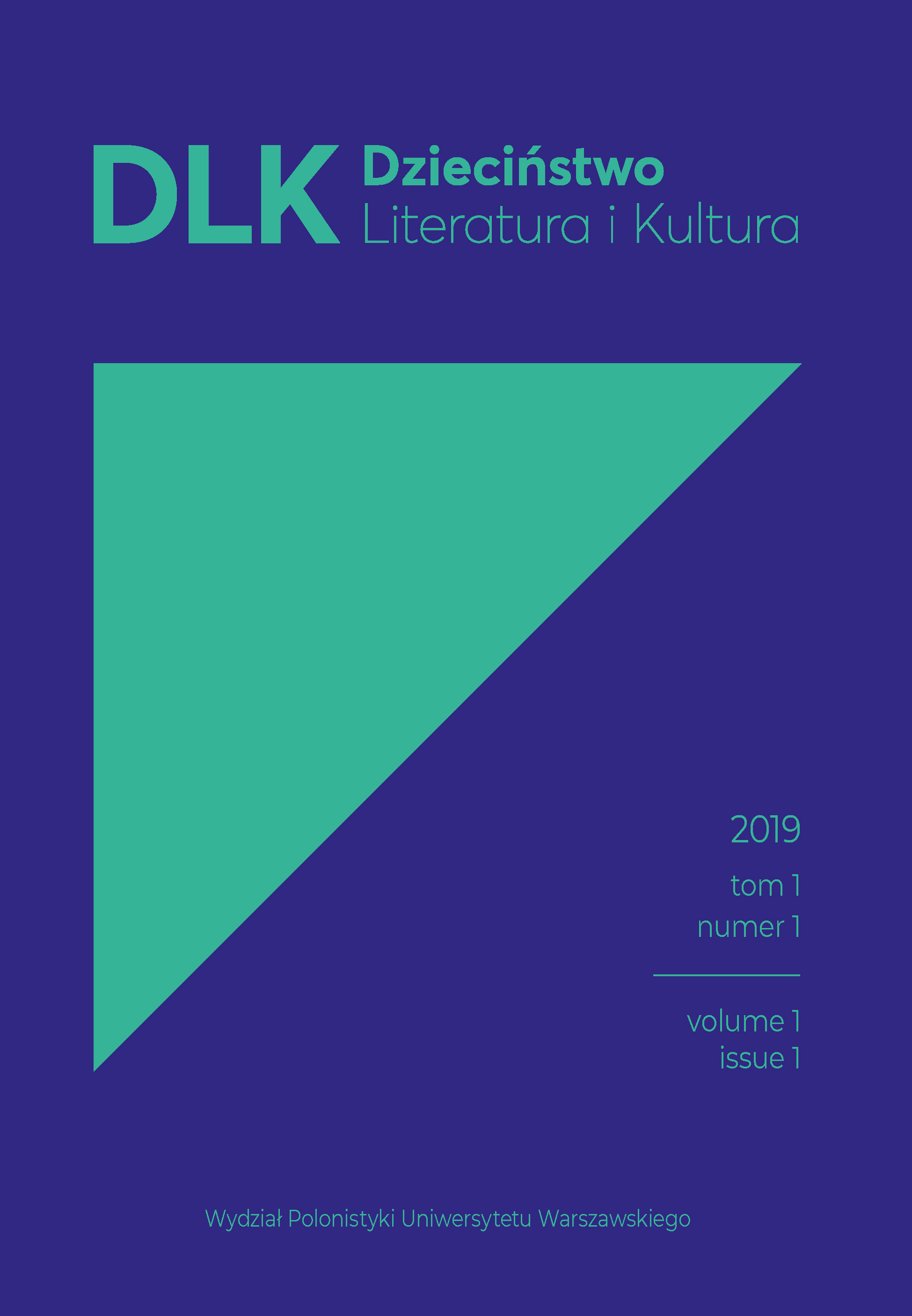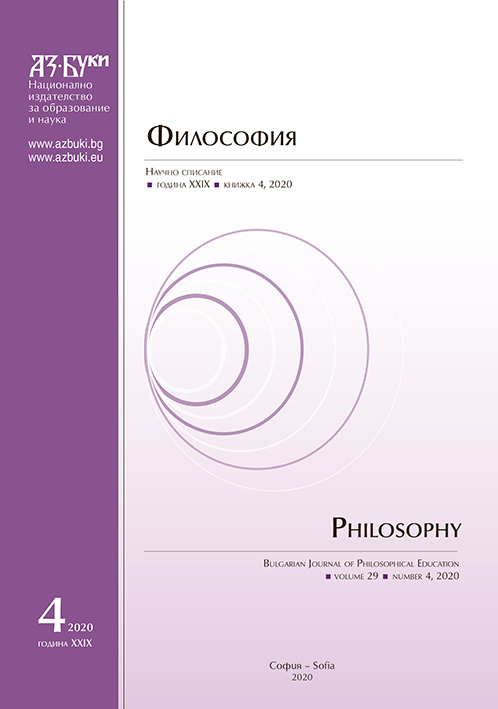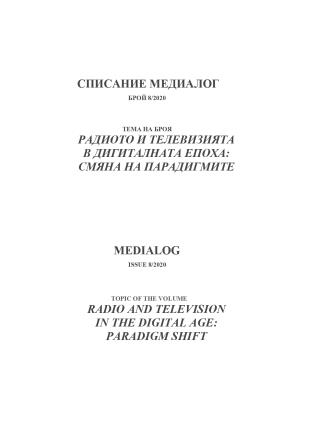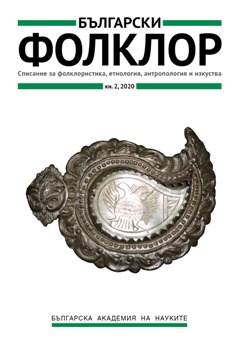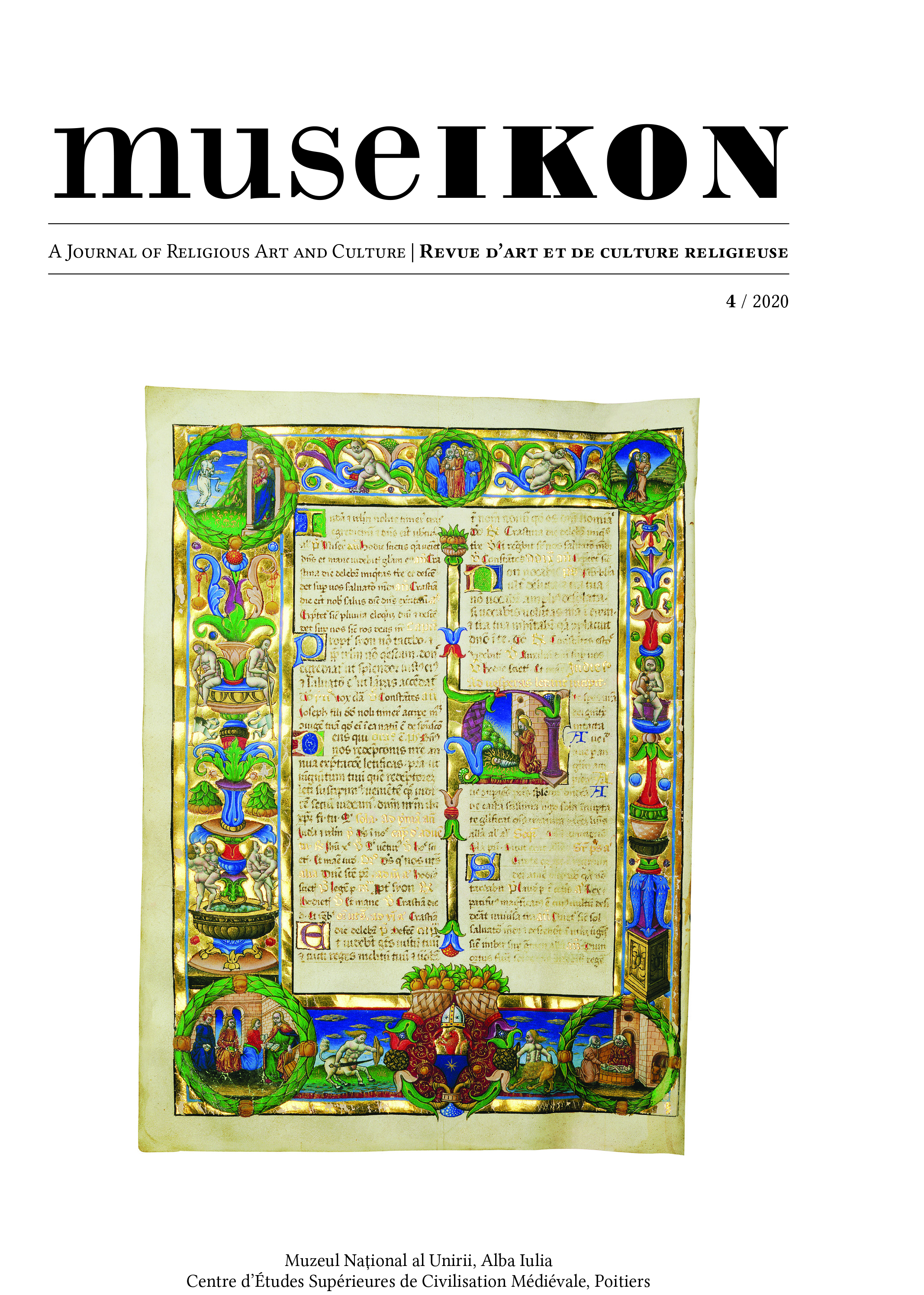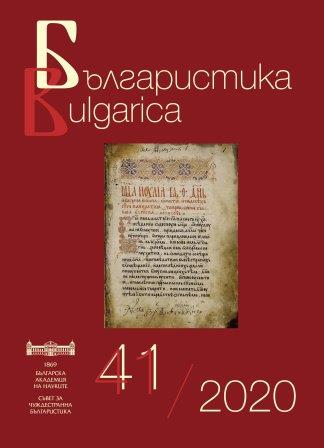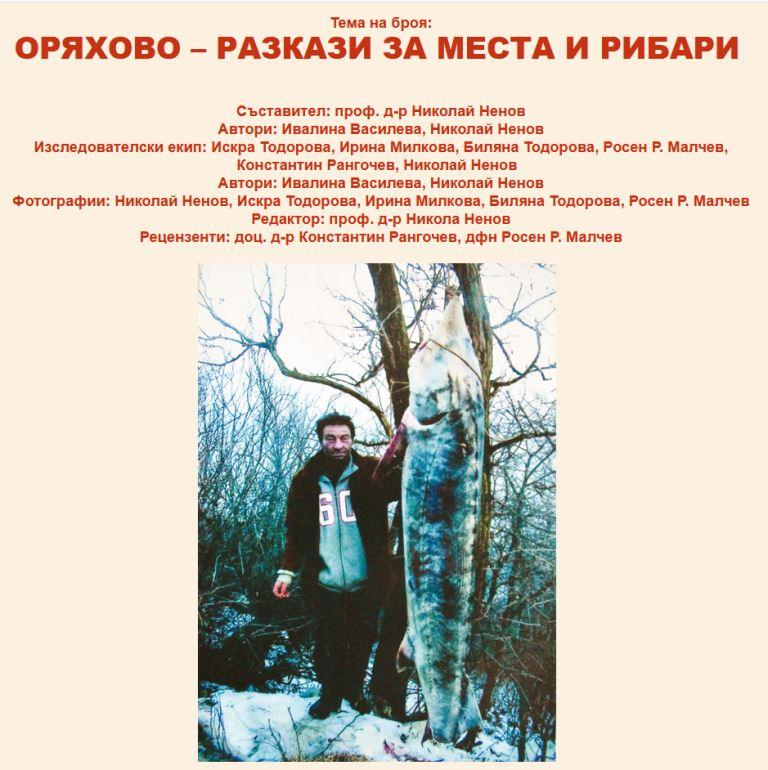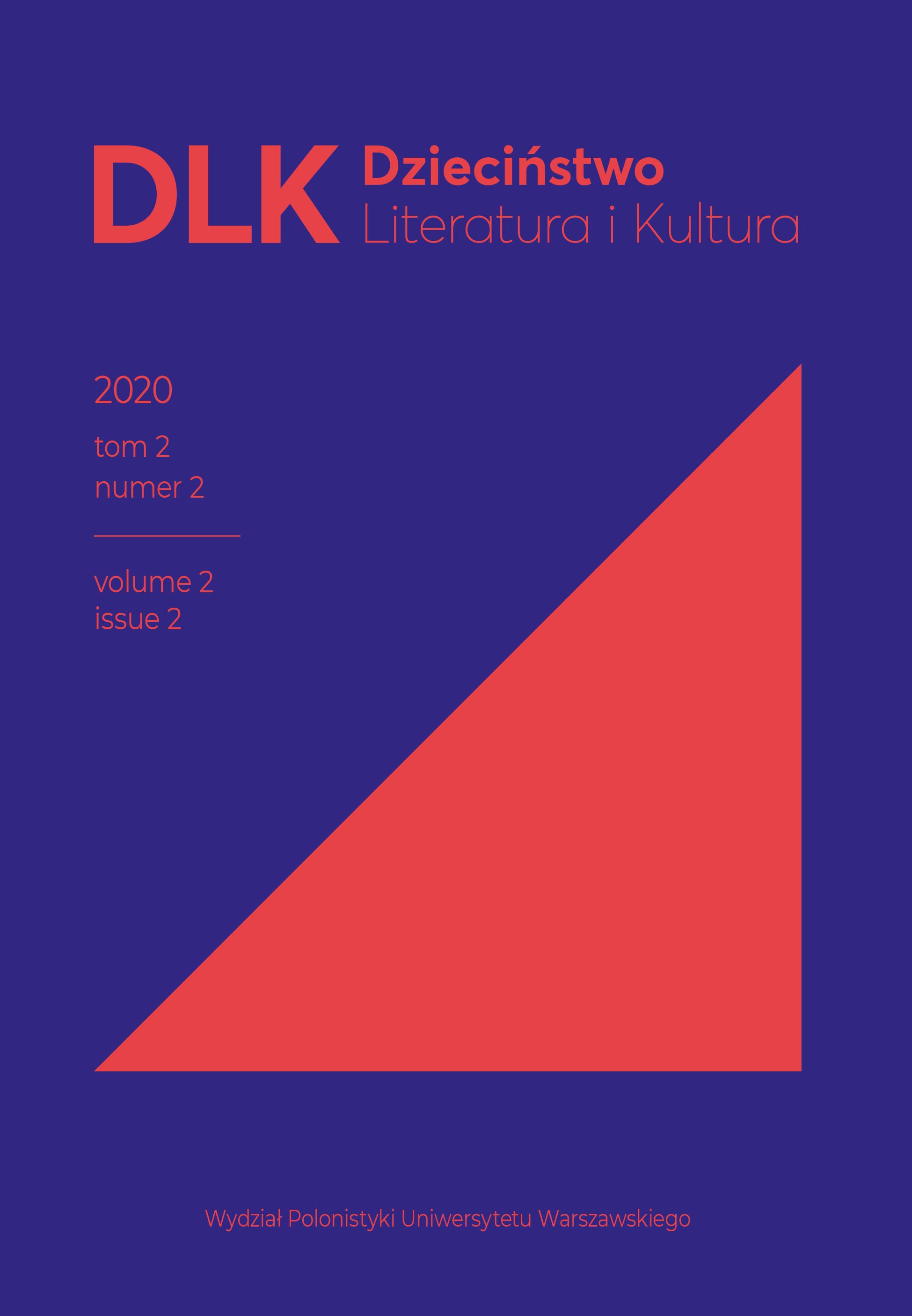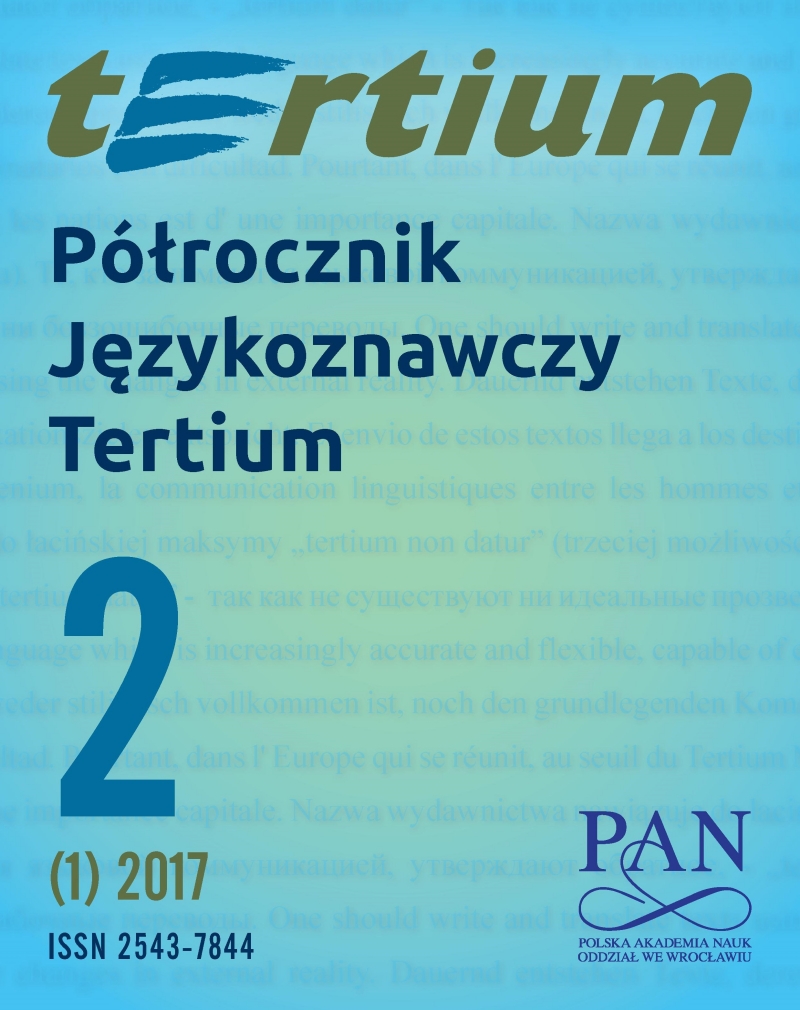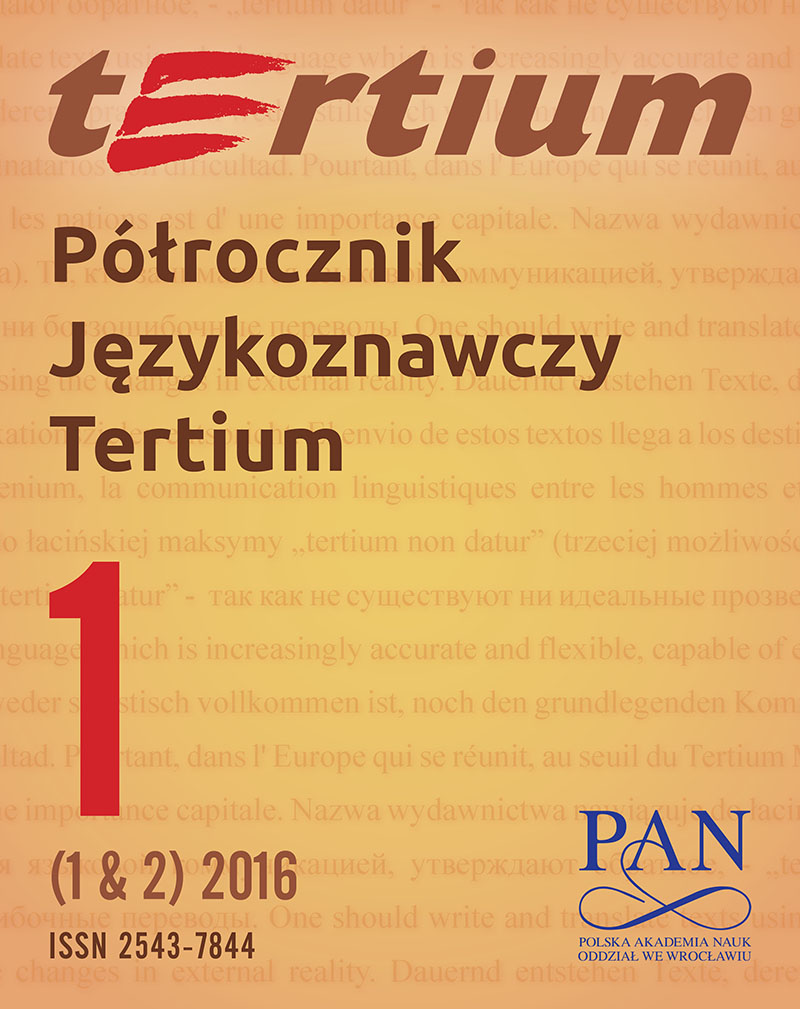Author(s): Marta Wójcicka / Language(s): Polish
Issue: 1/2017
Przedmiotem artykułu są relacje między stylem językowym a pamięcią zbiorową. Styl,ujmowany semiotycznie i antropologicznie, stanowi jedną z form pamięci zbiorowej, obok typutekstu kultury, odmiany, a także gatunku tekstu. Styl jest wyrazem, świadectwem przeszłości.Ze stylu indywidualnego, np. uznanych pisarzy, odczytać można ich obraz rzeczywistości, wtym także przeszłości. Styl jest więc nośnikiem zarówno pamięci indywidualnej danego pisarza,jak też świadectwem przeszłości, w której żył i tworzył. Style typowe stanowią lustroodzwierciedlające właściwe dla danej epoki konwencje wyrażania. Styl przechowuje więcobraz przeszłości, indywidualnej i zbiorowej, jest środkiem dotarcia do niej oraz sposobemwyrażania przeszłości oraz mówienia o przeszłości i jej niewerbalnych nośnikachwspółcześnie. Styl funkcjonalny ukazano więc jako praktykę oraz formę pamięci zbiorowej:komunikatywnej lub kulturowej. Styl potoczny stanowi praktykę wcielania, podczas gdypozostałe style funkcjonalne są praktykami zapisu. Pamięć komunikatywna przekazywana jestprzez środki i wartości typowe dla stylu potocznego, pamięć kulturowa związana jestpraktycznie ze wszystkimi stylami funkcjonalnymi, w zależności od treści pamięci. // The subject of the article are relations between a language style and collective memory. Thestyle, semiotically and anthropologically presented, is one of the forms of collective memoryalong with a type of culture text, variety and text genre as well. On the one hand, the style isan expression, evidence of the past. From an individual style of e.g. recognized writers one caninterpret their image of reality, including also the past. Thus the style is a means of conveyingboth individual memory of a particular author and evidence of the past he used to live in andcreate. Typical styles are the mirrors reflecting conventions of expression appropriate for agiven period. Thus, the style stores the image of the past, individual and collective, and is ameans of reaching it, a way of expressing and talking about it, including its contemporary nonverbal means. Thus, a functional style has been presented as practice and the form ofcollective memory: communicative or cultural. A colloquial style is the practice ofincorporating, whereas other functional styles are practices of recording. Communicativememory is conveyed by means and values typical for the colloquial style, while cultural memoryis practically associated with all functional styles, depending on the contents of memory.
More...
